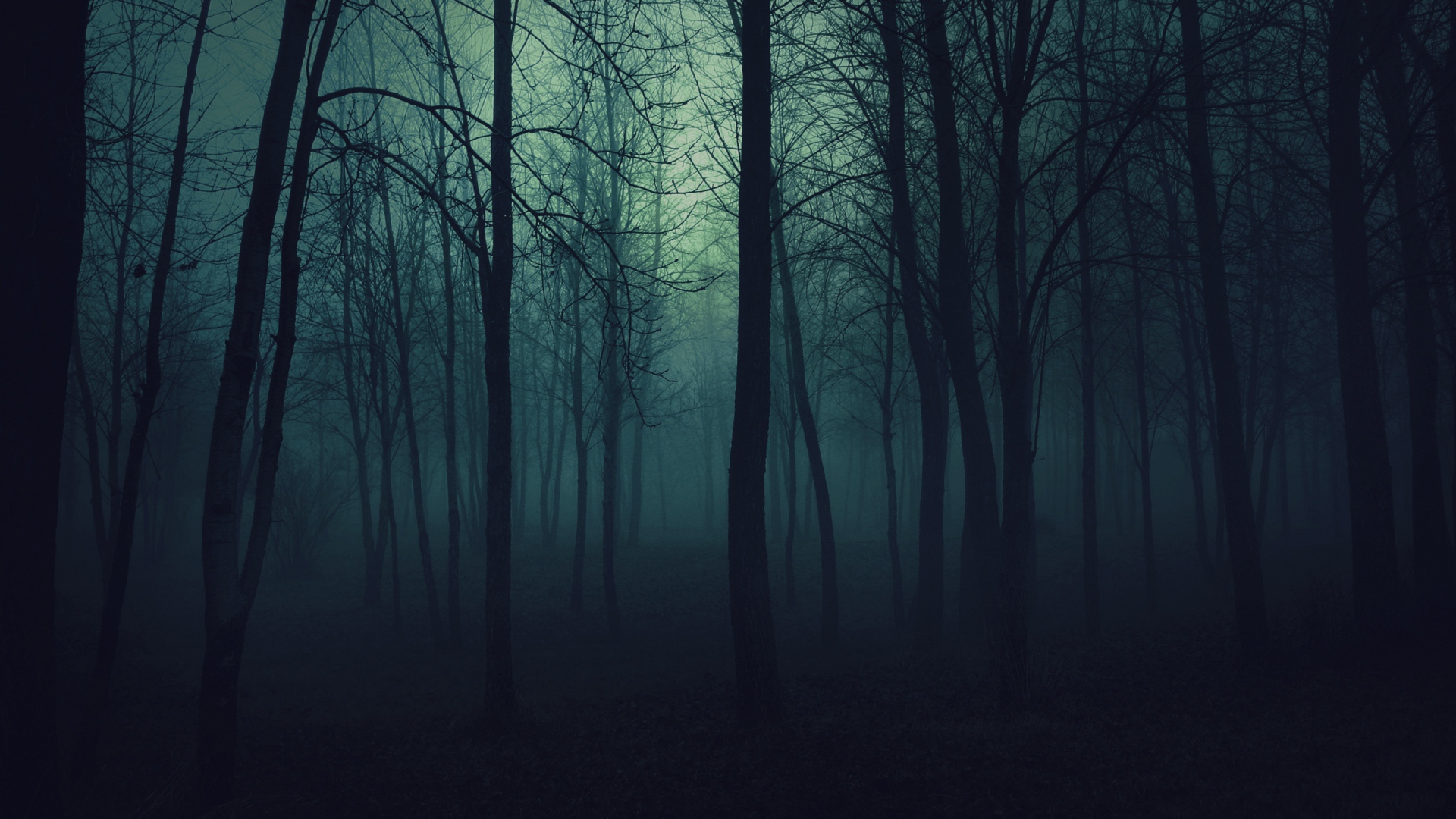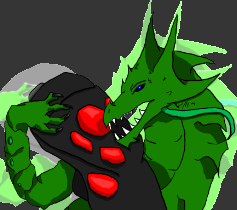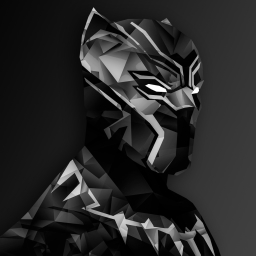The pursuit of beauty, in and of itself, is not something inherently evil. Even chasing perfection is not, in and of itself, a vain exercise because one stands to learn many lessons from failing in that endeavour. But when one chases beauty to the exclusion of all else, including common decency and the dignity of persons, one gives in to evil.
The elledŷnnë are by blinded by their faith, kept ignorant by the promise of "paradise" for the most beautiful, for the most prestigious, for the most powerful, and the most affluent. They pursue an ideal and believe themselves above everyone else for it. So much so that they refuse to believe that us "lesser" people are deserving of any rights as persons.
I was made Kiluathan'ni. I wasn't born "ugly," and, in fact, I was told that I naturally grew into the Ideal. But see, the thing is, when you focus so much on physical beauty, you fail to see the ugliness that the nature of persons as flawed beings can hide. Jealousy and envy are ugly emotions, and they rear their head when you least expect — when you have the most to lose. So on the day before my "test," before the priests of the Three-Faced God came to examine me to decide whether I would join society or spend my days in the mud, people I had thought my friends maimed me and consigned me to damnation.— D'Loren Vysellë
Porcelain
Il Kiluathân'ni, or "The Un-Ideal" in
Elledyn'ni, are the
elledŷnnë who fail to live up to
Il Luathar, the Ideal of beauty to which all elledŷnnë who live under the thumb of the
Silvered Realm must live up to. Even though they are elledŷnnë by blood, Kiluathân'ni are stripped of all rights as persons under the law and are considered little more than half-useful dirt.
They are treated in just the same way as the other races by the full-blooded members of elledyn'ni society. They are regularly abused for menial tasks, and serve as slightly less visually-unpleasant servants to most households. Although in some sense they are considered a protected class (it is illegal to force a Kiluathan'ni to engage in sexual acts with non-elledŷnnë), in some cases they are treated even worse than members of other races as they are considered unworthy of even having elledyn'ni blood flowing through their veins. Not that their blood as elledŷnnë prevent Kiluathân'ni from being enslaved just as easily as members of the other "inferior" races.
Naming Traditions
One of the rights stripped from Kiluathân'ni when they are designated as such is the right to bear a name. Those born Kiluathan'ni are denied any names. Those who become Kiluathan'ni have their names stricken from the official records and are told that it is forbidden for them to think about their old name, to speak their old name, or even to respond to their old name — a lesson that is often taught after a few harsh beatings.
In fact, they are also brutally disabused of the notion that they can think of themselves as persons, and are trained not to respond if they are addressed in a manner befitting a person. Responding to being called 'he,' 'she,' or 'they,' is considered punishable and is often punished with relish by masters. In this way, they are taught to only ever respond to 'it,' and are conditioned to think of themselves as objects and possessions.
In some cases, an owned Kiluathan'ni is given a designation by its owner. This is usually an infantile name or and otherwise derogatory one. Typically, this only happens when an owner desires to have a specific servant address their wishes, and often many households don't bother naming their Kiluathân'ni, instead giving each one a task and expecting the right one to finish the tasks that they were assigned.
Culture
It is considered improper for the Kiluathân'ni to elevate their eyes when in the presence of elledŷnnë, as to do so would be to presume that they are equal when they are not. In addition, Kiluathân'ni are not to speak unless asked a direct question, and when they are, they must respond in the most express manner that they can. Kiluathân'ni must be present but invisible, as easily ignored as a piece of furniture but available should their services be required. They are expected to be meek and servile, keeping their gazes to the ground as much as possible.
The only set articles of clothing that Kiluathân'ni can expect in their lives are the thick collars clasped around their necks, and the cuffs around their wrists and ankles. At all other times, they are considered too worthless to waste even scraps of clothing on, with the exception of the ones used for pleasure, in which case they are given clothing of sheer silks meant to accentuate the best parts of their body, as well as veils and paints to cover any unsightly parts of their physique.
On occasion, a master might wish to dress up their Kiluathân'ni to show off their prestige and wealth, but this is often considered counter-productive to the desired display as the elledŷnnë have beautiful young men, and, to a lesser extent, young women, who are available for hire to show off their employers' wealth in the form of luxurious clothing and glittering accessories. The truly wealthy would have the coin to pay for the exorbitant cost of these "performers," while those who wish to simply appear wealthy, or are not wealthy enough to afford even one "performer," must rely on using the Kiluathân'ni.






Interesting read. A society actually divided by beauty standards - and not beauty standards developing from other division - is an interesting concept. Good article!
Kind of remind me of the Horatio from Endless Space, though I don't think they were quite so... extreme. And they all looked the same, so weren't really divided. Just decided the galaxy needed their prettiness.